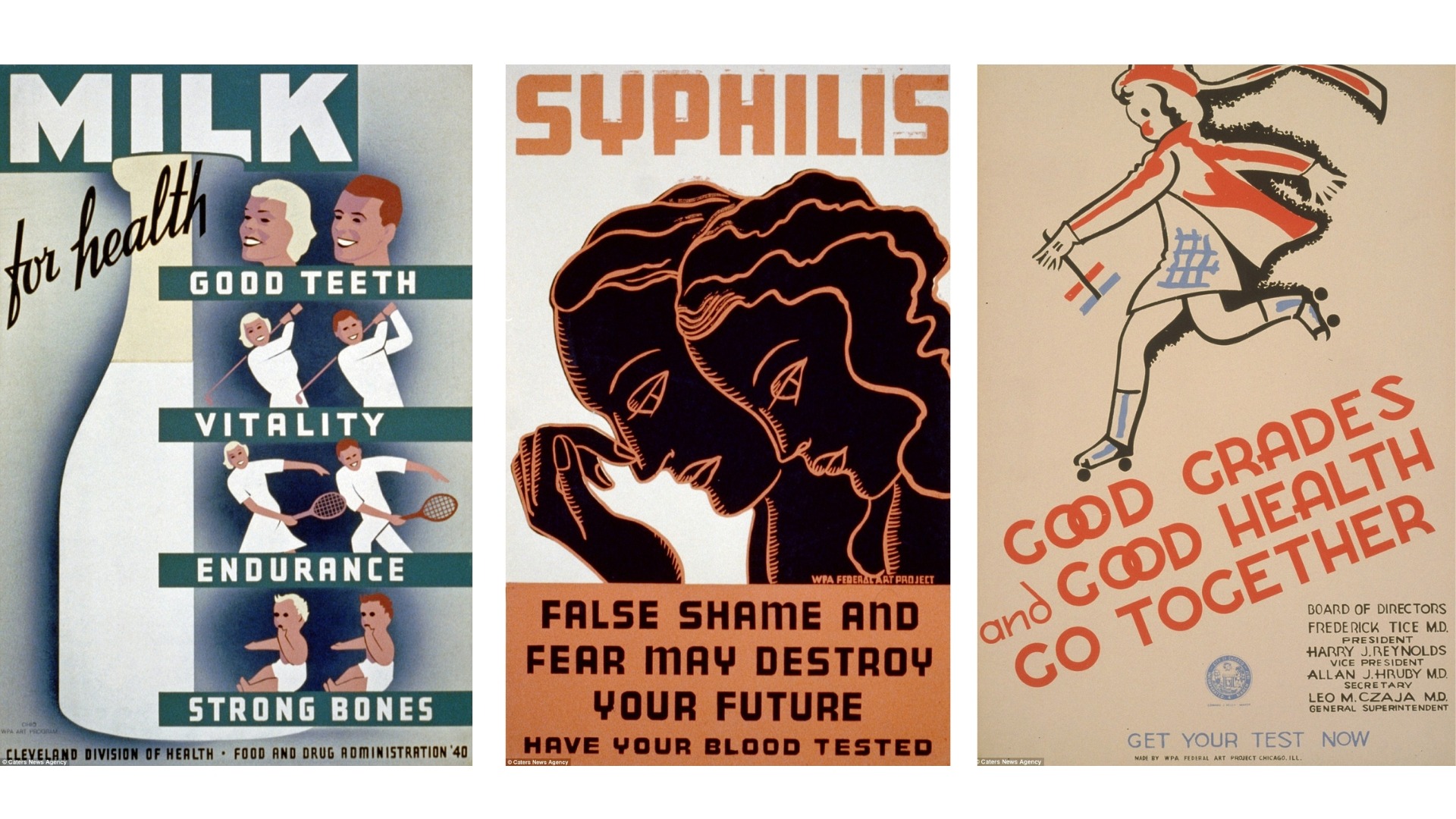Advances in cancer treatment are frequent; some represent huge leaps forward with new classes of medicine and others a refinement of current understanding to give new hope for those with tumours with specific genetic mutations. But how much do we actually understand about these new treatments: is there a gap between the potential of these advances and patients’ understanding?
After all, patients’ not fully understanding medical terminology is a well-documented issue across a multitude of specialties, including oncology.
Take immunotherapy for example. Cancer immunotherapy is a form of treatment that uses the body’s own immune system to prevent, control and eliminate cancer. I won’t get into weighing up the pros and cons of immunotherapy, but safe to say immunotherapies are still fairly new, and they definitely have their benefits depending on the patient and the type of cancer.
The knowledge gap
The health information and words used to explain immunotherapies and the science behind immuno-oncology are not always well understood by patients. A survey of people with cancer showed that although 95% of respondents had heard of immunotherapy, their knowledge levels decreased as terminology became more technical: t-cells (56%), targeted therapy (55%), biomarkers (54%) and immuno-oncology (54%). Of those who had never heard of immunotherapy or had heard of it but didn’t understand what it was, 76% were not likely to ask their doctor about using immunotherapy.
An abstract presented at the American Society of Clinical Oncology Congress 2021 showed that less than half of surveyed patients (48.7%) were able to correctly define ‘immunotherapy’. It also highlighted communication challenges: despite HCPs defining immunotherapy in 97.4% of conversations, there was no correlation between an HCP defining ‘immunotherapy’ and the likelihood of participants correctly defining the term.
Since immunotherapy is still relatively new, it may be more difficult for HCPs to put things into lay language, which could be why patients lack understanding even when provided with an explanation.
Why does it matter?
The use of immunotherapy as a cancer treatment is rapidly expanding, so it is important that patients understand basic immunotherapy terminology. Poor understanding of medical terminology and use of jargon can cause communication issues, affecting treatment adherence, treatment initiation and patient outcomes. Gaps in a patient’s understanding of immunotherapy may also interfere with them giving informed consent and their willingness to use immunotherapies.
What can be done?
The simple answer is encouraging patients to seek more information through patient advocacy groups (PAGs) – these organisations were created with patient support and education in mind. However, that’s not a perfect solution. PAGs have finite resources, not everyone is comfortable seeking support and I think it’s unrealistic for PAGs to have to provide absolutely all patient education. So, we need pharma and HCPs to step up to ensure that patients have a basic understanding of their treatment and how it works [considering it from a patient perspective].
For pharma this means developing educational materials that do not use healthcare jargon or overwhelm patients to allow HCPs to communicate to their patients in simple terms. Pharma could also consider working collaboratively with patients to understand what challenges they experienced in terms of understanding their treatment, and how it could help overcome them. After all, you can’t solve the lack of education around immunotherapies until you understand the reasons why it exists.
HCPs can consider adopting patient-centred communication styles such as teach back to ensure that patients understand what has been outlined to them, and also engaging families and caregivers in the conversation to ensure anyone supporting the patient has an appropriate understanding.
Clearly, there is still some work to be done to improve health literacy when it comes to immunotherapies as they become more and more commonplace. But it is vital that we do so to ensure that patients have the knowledge, understanding and confidence to use health information, and to be active partners in their care.
‘Patient centricity’ is a buzz phrase thrown around a lot, but if like me you’ve worked with patients to truly understand their needs and challenges, and then helped to find a solution that works for them, then you’ll understand how big a difference the right approach can make.
By Lewis P.

